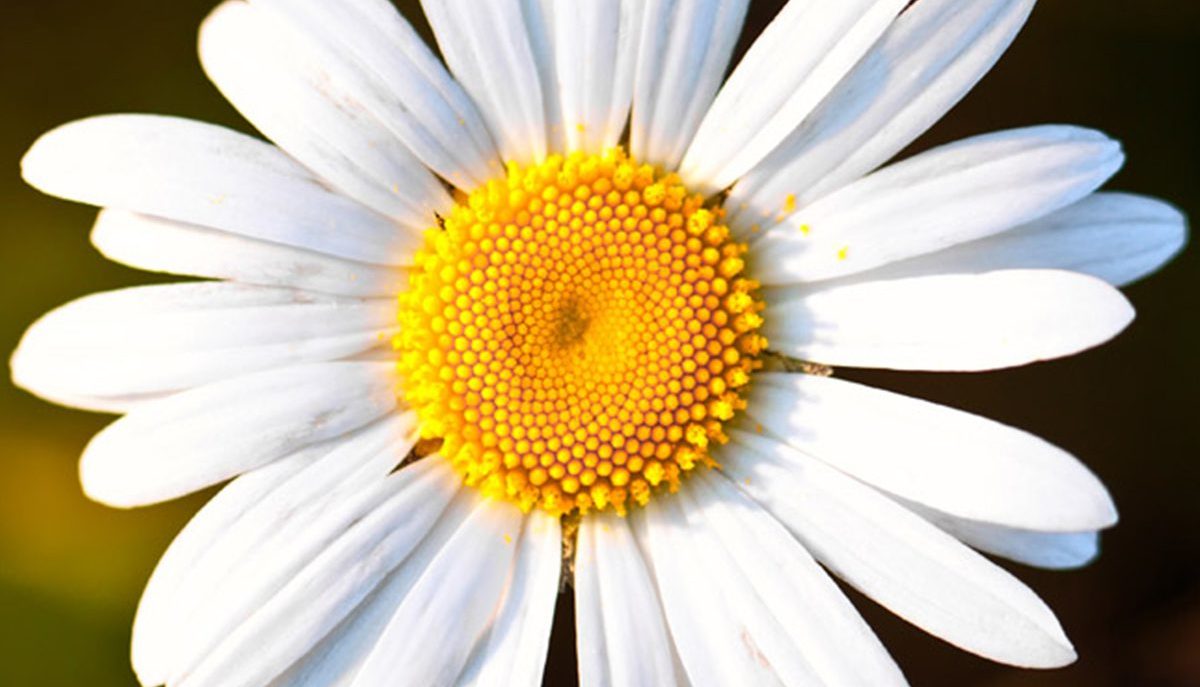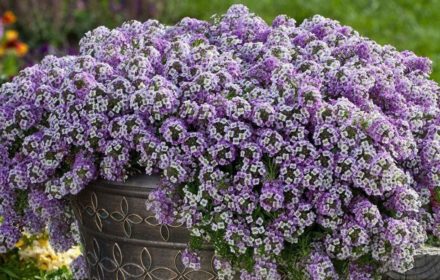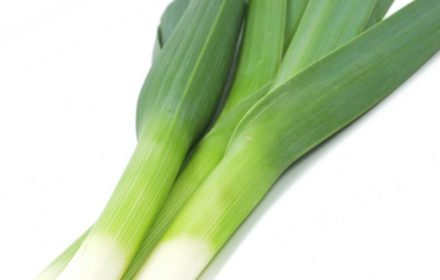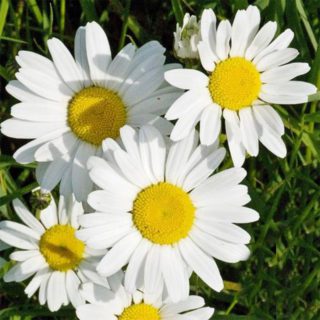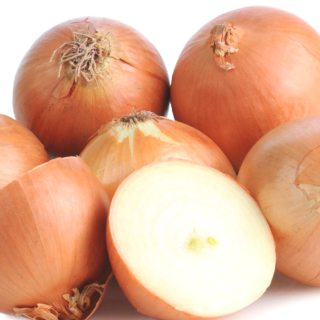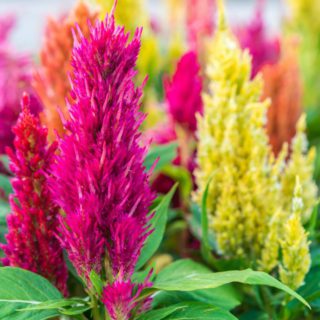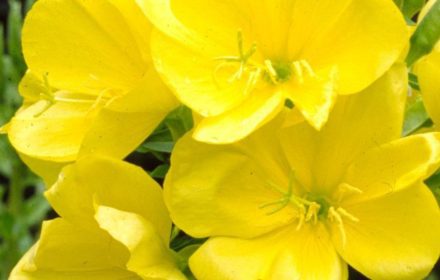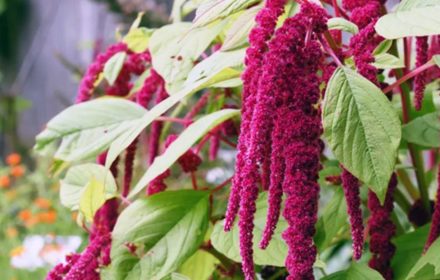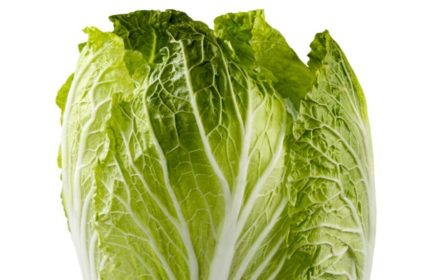How to Sow British Ox Eye Daisy Seeds
British ox eye daisies (Leucanthemum vulgare) are a charming addition to wildflower meadows, borders, or grass verges. Standing 12-18 inches tall, these iconic flowers feature delicate white petals and bright yellow centres, attracting bees, butterflies, and other pollinators. Known for their ability to self-seed, ox eye daisies are a hardy perennial, making them a low-maintenance and sustainable choice for UK gardens.
When to Sow British Ox Eye Daisy Seeds
- Indoor Sowing: Sow seeds indoors from February to April or August to September in a warm, light-filled area.
- Outdoor Sowing: Sow directly outdoors from April to May or August to September, once the soil is warm and workable.
Step-by-Step Guide to Sowing British Ox Eye Daisy Seeds Indoors
- Prepare Containers: Use seed trays, pots, or containers filled with fine-grade, well-draining compost.
- Sowing the Seeds: Scatter seeds thinly over the compost surface and press gently to ensure good contact. Do not cover, as ox eye daisy seeds require light to germinate.
- Germination Conditions: Place containers in a bright location with temperatures maintained between 15-20°C (59-68°F). Germination typically occurs within 10-30 days.
- Watering: Keep the compost moist but not waterlogged. Use a fine mist spray to avoid disturbing the seeds.
- Transplanting: Once seedlings are strong enough to handle, transplant them into larger pots or their final outdoor growing location, spacing them 30-40 cm apart. Harden off seedlings for 7-10 days before moving them outside.
Step-by-Step Guide to Sowing British Ox Eye Daisy Seeds Outdoors
- Soil Preparation: Choose a sunny or partially shaded spot with well-drained soil. Loosen the soil and remove any weeds or debris.
- Sowing the Seeds: Scatter seeds directly onto the prepared soil surface. For meadow planting, scatter seeds thinly over grass or bare soil. Press the seeds lightly into the soil without covering.
- Watering: Water the area gently to ensure the seeds settle into the soil. Maintain consistent moisture until germination.
Caring for British Ox Eye Daisy Plants
- Watering: Water regularly during dry spells, especially in the first few weeks after sowing. Once established, ox eye daisies are drought-tolerant and require minimal watering.
- Deadheading: Remove spent flowers to encourage a second flush of blooms and extend the flowering season.
- Weeding: Keep the area free of weeds, especially in the early stages, to reduce competition for nutrients.
- Mulching: Apply a thin layer of mulch around the base of the plants to retain soil moisture and suppress weeds.
- Pest Management: Ox eye daisies are generally pest-free but monitor for slugs and snails on young plants. Use organic deterrents if needed.
Harvesting and Maintenance
- Flowers: Harvest fresh flowers for bouquets or decorations. Pick when fully open for the longest vase life.
- Self-Seeding: Allow some flowers to go to seed at the end of the season for natural propagation and a fuller display in subsequent years.
- Overwintering: Established plants are hardy and do not require additional protection during the winter.
Common Questions About Growing British Ox Eye Daisies in the UK
- Can ox eye daisies grow in containers? Yes, they can be grown in large containers as long as the soil is well-drained and the container receives sufficient sunlight.
- Do ox eye daisies attract wildlife? Yes, their nectar-rich blooms attract bees, butterflies, and other pollinators, making them an excellent choice for wildlife gardens.
- Are ox eye daisies invasive? While they self-seed freely, they are not considered invasive in the UK. Deadhead flowers to control their spread if desired.
- How long do ox eye daisies bloom? Ox eye daisies bloom from late spring through summer. Regular deadheading can extend their flowering period.
British ox eye daisies are a delightful and versatile addition to UK gardens, offering months of vibrant blooms and a haven for pollinators. With their easy care and natural beauty, these flowers are perfect for creating a wildflower meadow or adding charm to a traditional garden. Follow these steps to enjoy a flourishing display of ox eye daisies year after year.

